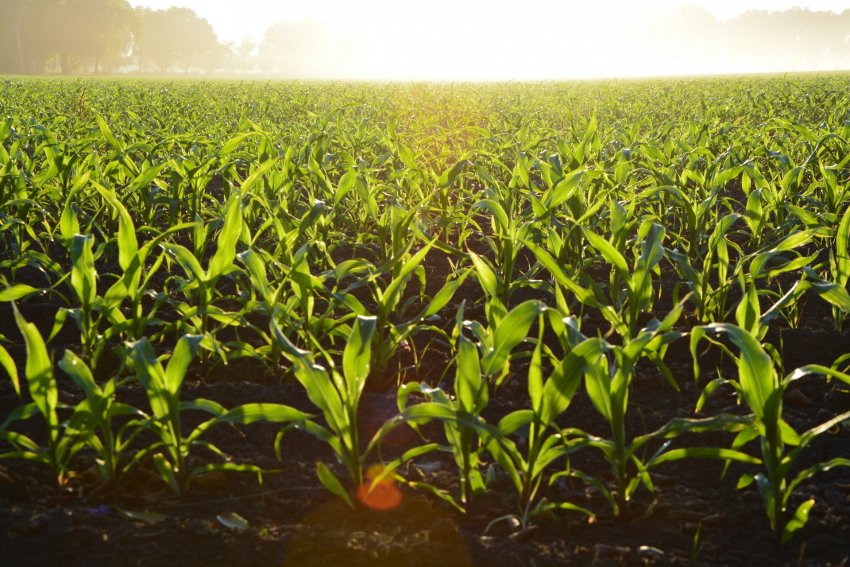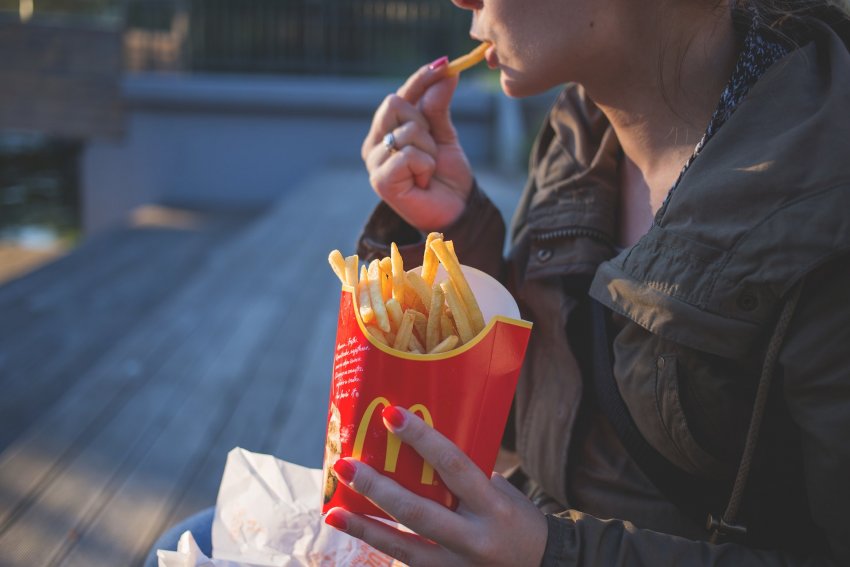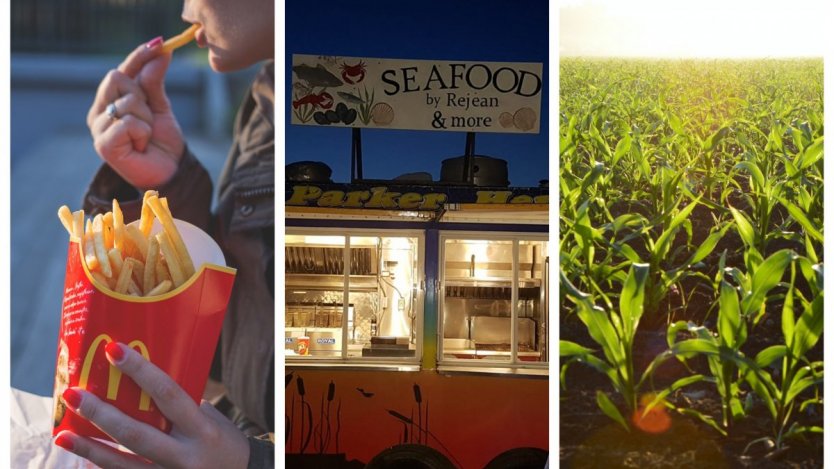This week saw a massive explosion in Beirut, the capital city of Lebanon. The country, already on the brink of economic collapse, is now experiencing a food crisis due to the destruction of its major food port and its main grain silo becoming unusable.
Those who produce a majority of the food sold in Canada, migrant farm workers, are being told that they cannot leave the farm in which they work. Under the defence of containing the spread of COVID-19, employers are allegedly banning workers from leaving for groceries, church, and other off-premise activities. In addition to farm workers, food producers are facing challenges with fee hikes from Walmart Canada, and potentially other retailers.
For Rejean Cromwell, owner of Seafood by Rejean, business difficulties come not from food distribution issues, but what he cites as racism when his food license was suspended without proof of wrongdoing.
And finally, if food trucks are few and far between in your city, you might find yourself visiting more drive-thrus during the pandemic. This is a cause for concern, as a new study shows toxic chemicals used in fast food packaging.
Lebanon faces challenges to food stocks after explosion in Beirut
On Tuesday, August 4th, an estimated 2,700 tonnes of ammonium nitrate was detonated by a nearby fire at the Port of Beirut, causing a massive explosion in Lebanon's capital. More than 100 people died, thousands were injured, including one Canadian Forces member who sustained non-life-threatening injuries.
In addition to the significant loss of life from this deadly explosion, the country's major grain silo was also lost. The cost of the damage to the port, a major entry point for Lebanon’s food imports, is estimated at upwards of $3 billions. The United Nations World Food Programme noted that it will worsen the already struggling economy and food security issues, as Lebanon depends on foreign exports for 85 per cent of their food.
Find out more about this from Yahoo News.
Migrant workers' movements restricted

Two weeks ago, news about the declining conditions for migrant workers in Canada due to COVID-19 made waves across the country. This week, it was reported that migrant workers from farms in some provinces are being denied their requests to leave the premises, with some employers attempting to get workers to sign forms that say they voluntarily decided against leaving for groceries and then overcharging them for food.
Agriculture operators claim that this is to contain the spread of the virus, but the workers feel obligated to abide by the restrictions because of their reliance on employment status. One farm in Kelowna fired two workers for leaving the farm and having visitors (volunteers dropping off food and clothes). They have since been deported.
In addition to financial difficulties, the workers are also suffering mentally. Officials who came to the farm to check up on working and living conditions are no longer allowed on the property, raising concerns surrounding the employer's accountability.
Learn more from the Globe and Mail.
Food truck owner in Nova Scotia believes he was a victim of racism
In Greenwood, Nova Scotia, a Black-owned food truck was forced to shut its windows after a provincial inspector suspended his food license. Rejean Cromwell, the owner of Seafood by Rejean, believes that he was unfairly treated by the inspector who found issue after issue at his truck and referred to him as "you people".
The argument began after the inspector allegedly told Cromwell that his mother should wear diapers instead of installing a portable toilet for her. This caused Cromwell to defend his mother, to which the food inspection personnel responded, "You people cause all kinds of trouble." The inspector later returned with police officers, a situation which Cromwell believed made him look falsely like a criminal.
Leo Glavine, the MLA for Kings West said that most of what the inspector had pointed out were small issues, and that while the inspector told Cromwell his license was suspended for having too much coliform in the water, they had not provided him with proof of this claim, nor a physical report.
Read more about this from CBC.
Toxic chemicals found in fast-food restaurants' packaging

A new report revealed that almost half of all takeout food packaging from popular fast food chains contained toxic perfluoroalkyl and polyfluoroalkyl chemicals. Environmental advocacy groups conducted multiple studies with packaging from large chains like McDonald's, Burger King and Wendy's around New York City, Seattle, Wa., and Washington, D.C. to test for the toxic substances, more commonly known as PFAS. No Canadian samples were taken as part of the study. The study states that PFAS chemicals had the highest potential to be found in paper bags and molded fiber bowls and trays. Used to make packaging more resistant to grease and water, the U.S. Food and Drug Administration’s (FDA) determined that these chemicals are more dangerous than previously thought. The concern not only impacts the consumer and their health, but also the environment. PFAS toxins are known as forever chemicals since they do not break down and they remain in the environment forever, lasting in the human body for years if consumed.
Many of the restaurants previously mentioned have stated that they are in the process of removing PFAS from their packaging.
Read more about this from CTV.
Farmers being charged more to sell their products at Walmart
Representatives for farmers and food and beverage companies are looking for the Canadian government to introduce a code of conduct to regulate the grocery industry. This outcry arose due to an increase in fees introduced by Walmart Canada last month, followed by a statement by United Grocers Inc. notifying suppliers of similar increases to be expected from all other major retailers. Altogether, these extra fees could cost the industry around $1 billion.
Walmart Canada claims that these fees were intended to offset improvements performed at new distribution centres and store renovations, but industry groups rebutted that by requiring the producers to cover the cost of investments in retail stores, it is taking the money from manufacturers who would otherwise invest in their own facilities.
Read more from the Globe and Mail.













